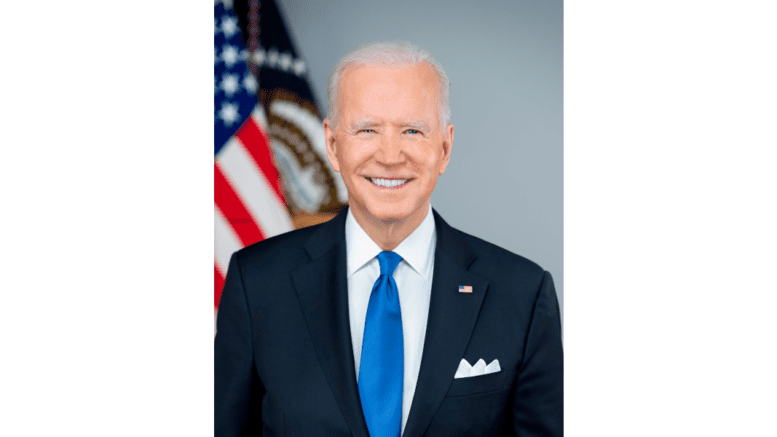by Jacob Fischler, Georgia Recorder [This article first appeared in the Georgia Recorder, republished with permission]
June 28, 2023
The U.S. Department of Transportation will send more than $2.2 billion in grants to state, tribal and local governments under a grant program that was expanded under the 2021 bipartisan infrastructure law.
The $2.26 billion for 162 projects provides funds for each of the 50 states, two territories and the District of Columbia. It is similar to the allocation for the grant program last year, the first after President Joe Biden signed the $1.2 trillion infrastructure law that added funding for the program.
The projects include improvements and expansions of roads, rail, bridges, pedestrian trails and maritime infrastructure.
The Transportation Department has managed a similar discretionary grant program since 2010, though the name of the program and criteria have changed with each presidential administration. Funding levels, set by Congress, also vary year to year, ranging from roughly $500 million to more than $2 billion in each of the two years since the infrastructure law passed.
Under Biden, the department has prioritized projects that advance climate goals, racial equity and safety.
Local input
In a call with reporters previewing the announcement Tuesday, Transportation Secretary Pete Buttigieg emphasized that all the projects were proposed and planned by local authorities.
“It is particularly focused on communities’ needs,” he said. “We don’t design the projects at headquarters. We are proceeding very much on the idea that the answers don’t all come from Washington, but more of the funding should.”
No project received more than $25 million from the program, the maximum for projects of less than $45 million total cost. The department selected 22 projects to receive that maximum.
The funding is split between rural and urban projects, White House Infrastructure Coordinator Mitch Landrieu told reporters.
Most of the funding — 70% — will go toward either areas of persistent poverty or historically disadvantaged communities. That represented a record high for the program, Buttigieg said.
Many of the communities that received funding had sought federal help for the projects for years, Buttigieg said. The department will work with communities that submitted highly rated proposals that were not accepted in this round to improve their applications for future years, he said.
About 10 projects that received grants this year had applied last year, Assistant Secretary of Transportation Policy Christopher Coes said.
Georgia projects in line for funding include an Atlanta trail project, an Oconee Heights pedestrian path and development of a multimodal transportation plan for Thomasville. A full list of projects is available here.
Buttigieg and Landrieu highlighted a handful of projects on Tuesday’s call.
Iowa will receive $24.7 million to rebuild nine bridges in rural areas. The bridges’ poor condition forces detours for residents and commercial drivers, according to a DOT news release. The federal government will pay for most of those bridge repairs, estimated to total about $31 million.
The city of Jackson, Kentucky, will receive $21.1 million to widen a highway near Panbowl Lake. The area has been hit with severe flooding recently. The project will help improve resiliency to future floods, Buttigieg said.
The Atlanta trail project was among those receiving $25 million. The project, which has a total cost of $70.7 million, will add 4.8 miles to the BeltLine Northeast Trail, which is accessible to pedestrians and bicycles. The project will create new access to transit and to jobs, schools and other services in an area with 5,000 affordable housing units nearby.
Georgia Recorder is part of States Newsroom, a network of news bureaus supported by grants and a coalition of donors as a 501c(3) public charity. Georgia Recorder maintains editorial independence. Contact Editor John McCosh for questions: info@georgiarecorder.com. Follow Georgia Recorder on Facebook and Twitter.

